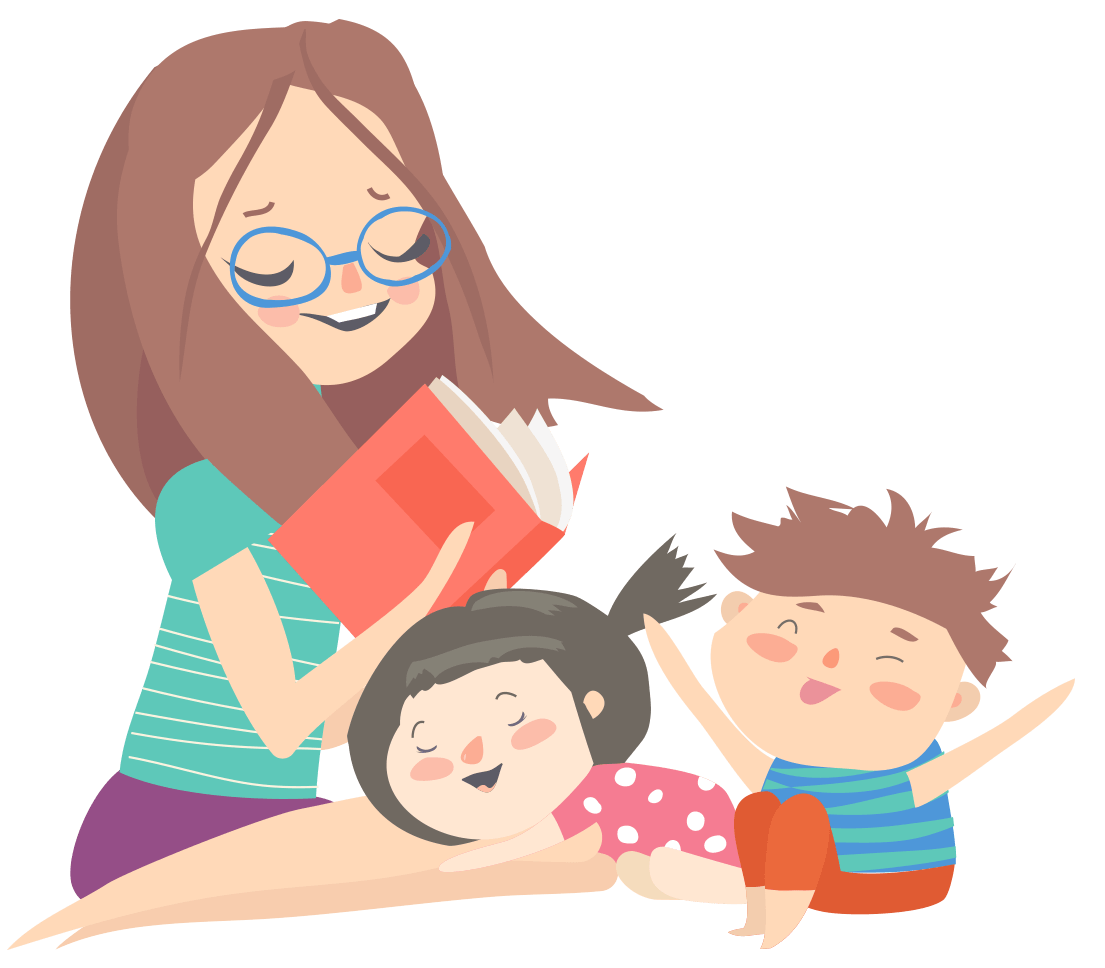About
Why Choose
The Growing Tree
The curriculum supports children’s learning and development. Observations determine children’s interests and abilities leading practitioners to plan activities and provide materials that engage children, build on existing skills and provide a platform for new learning. This model empowers children promoting partnership and allows for all children’s development. Children are supported and encouraged to share their voice, gain independence, become problem solvers, decision makers, be creative, persistent, curious and to be respectful of themselves and others through positive and reciprocal interactions from educators. Early years educators provide an appropriate environment, that provides timely interventions, support and continuity to promote positive attitudes towards learning and life.
Aistear – Aistear is comprised of four themes. Communication, Identity and Belonging, Well-Being and Exploring and Thinking. Within these four areas are a multiple of aims and goals which provide a framework to guide children’s practice which facilitates learning.
Siolta- Siolta is comprised of 12 principles. It is designed to define, assess and support the improvement of quality across all aspects of practice in early childhood and education settings for children from 0-6 years of age.



The Growing Tree
Ethos
The Growing Tree recognizes parents and families as being children’s first educators and the most important people in their lives. The care and education children receive from their parents and family in their formative years greatly influences their overall development. Children’s extended family and community also share a role in children’s development and education. We respect children’s background and culture. We give parents opportunities for parents to share information about their child from outside of the service and share ideas which we can introduce into the playroom. Working with parents supports relationships with children and families that are respectful and inclusive, promoting learning and development.
Building positive relationships with children is integral to their learning and development. Learning is acquired through interactions between the child and early years educator. Interactions can be led by either the child or adult. Learning is enhanced through having a respectful understanding of the child, their uniqueness, experiences, abilities and needs. Key workers are assigned to children for the purpose of observing, planning for groups and gaining a deeper understanding of the child, this ensures children’s needs are met and practices put in place to support the learning and development of the individual.
Our curriculum supports children’s well-being, encourages feelings of safety, trust and emotional security to children and their families. It meets all of the requirements of Aistear and engages children in a holistic approach to learning and life.
Early Childhood Care and Education Scheme
The Early Childhood Care and Education scheme is a universal childcare programme designed to give children access to a maximum of two years free pre-school education before they start primary school. It is available to all children who are two years and eight months by 31st August.
National Childcare Scheme (NCS)
The National Childcare Scheme is a landmark new scheme for Ireland. It is a single streamlined and user friendly scheme to help parents meet the cost of quality childcare. Supports are available for families with children aged between 24 weeks and 15 years who are attending participating TUSLA registered childcare services. For more information click the learn more button. Under the National Childcare Scheme (NCS), parents receive discounts which are then applied to the following rates applicable from September 2019:
About our
Day
Dropping off your Child
Children and parents are greeted each morning by a staff member. Children are supported in their transition each day and staff will work with parents to find ways to help settle a reserved child. Children are encouraged to be independent hanging up coats, putting lunches into trolley. Children are encouraged to get materials for themselves and communicate their needs and wants.
Choice Time
Choice time gives children opportunity to choose materials and activities that they want to explore and engage with this can last between 50 minutes to an hour and a half depending on the level of involvement of the children, this is a time for adults to move around the room and interact with different children and engage in their activities at a level where the child is the leader in the play.
Small Group
Small group consists of the coming together of a group of children and joining a key worker for an activity based on the childrens interests these are variable and are planned to engage all the abilities of the children in the group. These activities are planned from observations made by the key worker on what children are currently interested in, the aim being to provide an activity which will engage the children while providing a platform for personal development and learning.
Large Group
Large group consists of all staff members joining with the children to engage in an activity that all children and adults take part in, this is also based on children’s interests or can be used to introduce something that is relevant and promotes the development and well-being of the children. Sand timers are used to signal an impending transition.
Lunchtime
Children are encouraged to wash their hands and find a seat for lunch, children may be chosen to hand out lunches as children get older they are encouraged to recognize their lunchbox, bring it to the table and collect their drink. After lunch children are encouraged to tidy up, get their coat, take off shoes and place together before getting their wellies (on wet days). Children are encouraged to be independent, children’s ages and abilities are all different and each room works with their group of children. Younger children will require a lot more help than older children.
Outdoor time
Children have lots of opportunity in the outdoor area to engage in physical play. Outdoor play is important for children’s development and well-being. Children have opportunity to run, climb, slide, play ball, use sand house, ride bikes and tractors and have the use of a polytunnel. The children may not have all of these things every day. Children play out every day, we have shelters for wetter weather where children can have toys from the shed to play with. Adults remain engaged and available to children while ensuring their safety. A bell indicates time to return to the playrooms.
Home Time
Each room has their own routine for getting ready for home. Children are aware parents/minders are coming at this time and can be very excited, staff are aware of this and the priority is to keep children as calm as possible and for all children to leave the room in a safe manner. Staff will do their best to have a few words as children leave, however this is not always possible. Staff may need to speak to you, if it’s not possible at this time staff will ring you after the session.
Note
Depending on the room and the children attending the room, routines may differ, all except hometime. If at any time you need to discuss your child please make an appointment by ringing the service to do so. If you need to speak to a staff member urgently let the staff member know and they will do their best to accommodate you.
Observations
Observations are recorded and photographs taken during the day by staff. These are to facilitate planning and for reflection on children’s learning. Parents receive child observations each month and photos and descriptions are placed in the hall way for parents and families to share.
The Growing Tree
Fee Structure

Preschool
€67.00 per week
€13.40 per morning

Afterschool
2.00pm – 6.00pm: €70.00 per week / €14.00 per day
3.00pm – 6.00pm: €60.00 per week / €12.00 per day
Hourly Rates: 2-3pm €4.50 / 3 – 4pm €5.50
Two Hourly Rates: 2-4pm / 3-5pm €10.00

Please note!
Daily rates apply after 2 hours.
Fees are reviewed annually and are set at a rate that ensures the continuance of service.
Our rates are set in compliance with criteria laid down by the national Children’s Investment Programme (NCIP).
For more information on any of the schemes please contact Mary.
